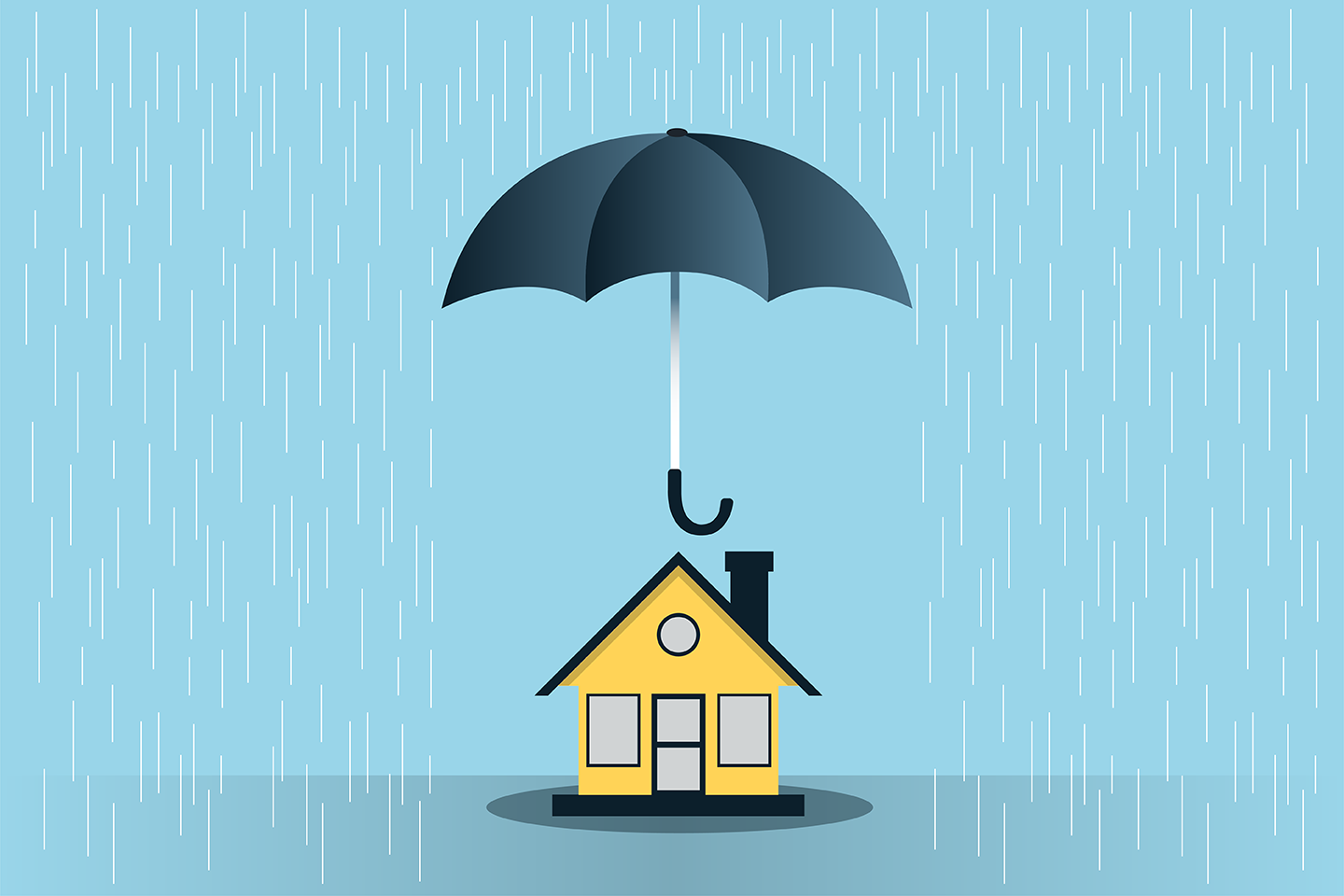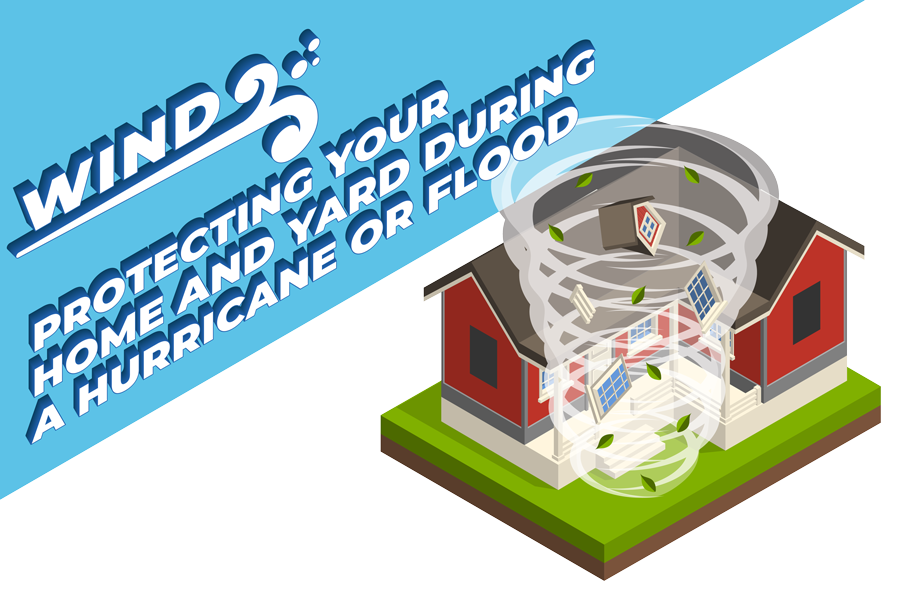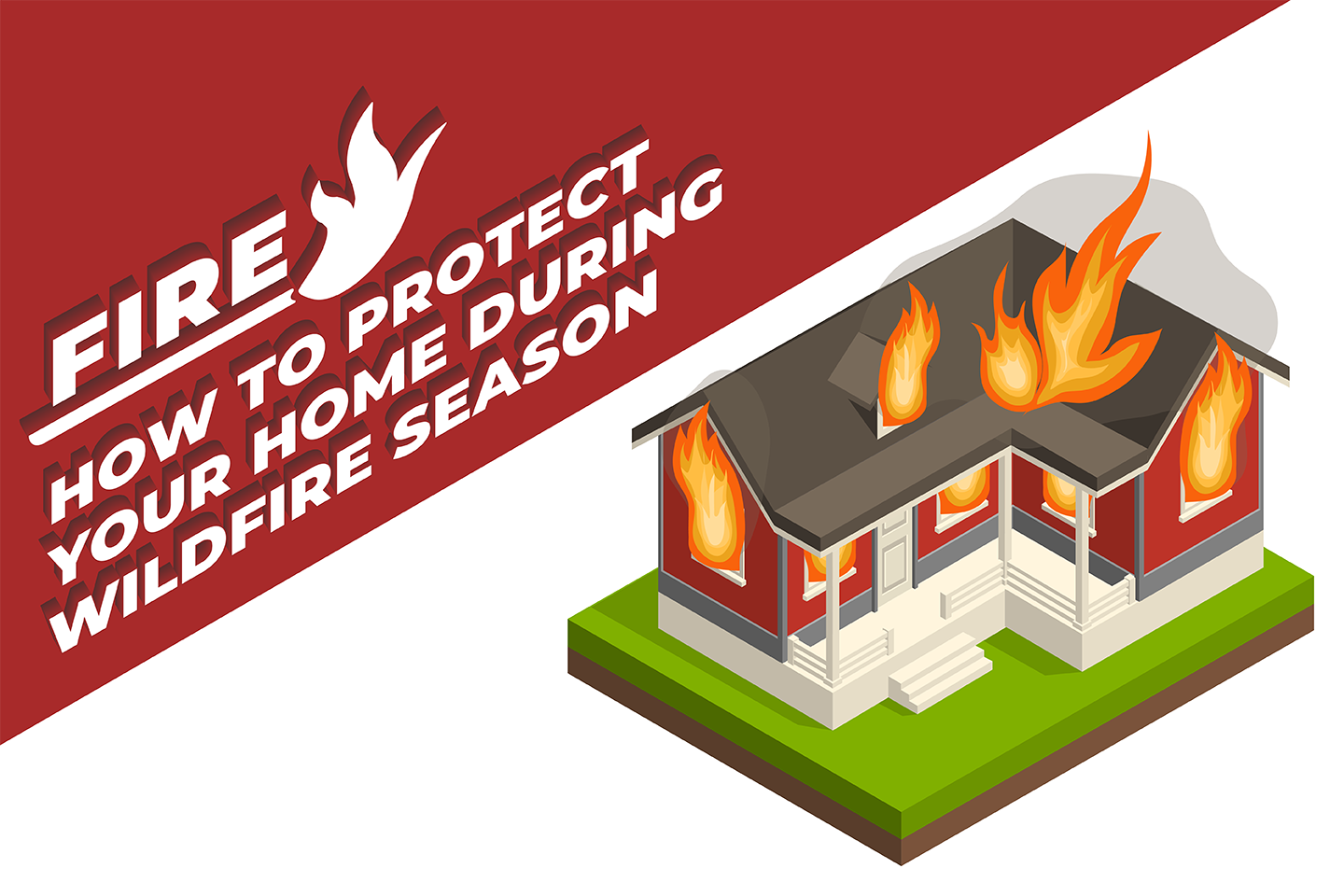
by:
Your home is an investment and Primary Residential Mortgage Inc. wants to help you keep it in good shape. Unchecked water can cause expensive damage to your home. Use these tips to help prevent water from washing away your home’s value.
Watch for warnings of water in your walls and floors.
Save yourself a lot of headaches by spotting the signs of water damage and addressing the problem early.
- Watch out for light brown stains or soft spots in your floors or walls.
- Pay close attention to areas around bathroom fixtures like tubs, toilets, showers and sinks. Also look in the areas around appliances that have a water supply like your washing machine, dishwasher or refrigerator.
- If you see any discoloration on your walls or floors, or if they sink in when you push on them, you could have a leaky pipe.
- A sudden drop in your water pressure or a sudden spike in your water bill could mean there is a leak in your water line.
- If you see the signs of water damage under windows, around doors or on the ceiling, then the water could be leaking in from outside the house.
Consult a plumber or contractor if you identify signs of water damage in your home. The rest of these tips will help prevent more water damage in the future.
Strengthen your supply lines.
The water supply lines to your washing machine or refrigerator can grow weak over time and have been known to rupture. Upgrade them to steel coated supply lines for added protection and longevity.
Maintain your drains.
Water that can’t drain will keep adding up and eventually cause flooding if not addressed. Keep your drains clean and flowing free.
Chemical drain cleaners can eat away at your pipes. For best results, use a plumbing snake to clear the drain lines manually.
Never put grease down the drain. It will build up in your drain pipes and cause blockages.
Water isn’t the only thing to keep flowing in the right direction. Add a backwater valve to your swage line to keep outgoing refuse from coming back in.
Power up your plumbing.
Replace your rusty plumbing before it starts leaking. If you have old metal pipes, it might be time to upgrade to cross-linked polyethylene tubing (PEX).
While you’re replacing your plumbing system, why not add in a little extra tech to help protect you from leaks? Plumbing has stepped into the information age. You can now install pressure sensors in your plumbing system that will send an alert to your phone if your water pressure drops.
Pump your sump.
If you get a lot of outside water in your basement or live in an area that floods regularly, install a sump pump. When the water comes, you’ll be glad you did. If you’ve already got a sump pump, make sure it’s in working order. Upgrade to a new one if it isn’t.
Re-caulk your corners.
Water loves to seep through the tight spaces at the edges of doors and windows or the corners of the sink or shower. Seal up those little cracks with a fresh bead of caulk.
To get the best seal, remove any old caulking and clean the area thoroughly before applying the new caulk.
Review your roof.
A leaky roof is a common way for water to seep into your home and cause damage. Catch warning signs of leaks early to prevent more expensive repairs down the road.
Walk outside and look at your roof once a month or so. Watch for damage to your shingles. Also, note if dirt and leaves tend to gather in one area on your roof. That could be a sign of a low or weak spot. If your roof sags at all you may have damage to your framing.
If you notice shingle damage, replace the shingles in the damaged area as soon as possible. We recommend hiring a roofing professional for all roof repairs.
Clear out your gutters and downspouts.
Your rain gutters and downspouts are designed to carry rain and winter runoff away from your house so that water doesn’t seep inside or erode your foundation. Clean them regularly so they can work properly. Watch out for ice dams that can form on your gutters in cold weather and cause clogs.
Plan your plants and slope your land.
Be careful where you plant trees. Tree roots are strong enough to crack your concrete foundation. Water will find its way through those cracks eventually.
Make sure your small trees are at least 10 feet from your home. Big trees (anything over 30 feet tall) should be at least 20 feet from your home.
While you’re landscaping, work the soil around your house so that it slopes away from the foundation. This helps ensure that water runs away from your home, not towards it.
Finance your fixes.
Don’t let water damage soak the value out of your home. Use these tips to keep the water where it belongs. If you need financing for some of these bigger projects, like a new roof or plumbing system, contact PRMI about a renovation loan.
More Reading

Maintenance Tips for the First-Time Homeowner
Start your home maintenance off right with these simple tips.

Prepare Your Home and Yard for Hurricane and Flood Season
Follow these suggestions to protect your home during storm season.

Tips for Protecting Your Home from Earthquake Damage
These tips will give you something to lean on when the shaking starts.

How to Protect Your Home During Wildfire Season
Don’t get burned. Use these tips to protect your home from wildfires.